
Hayatabad: The Green Oasis of Peshawar
Nestled in the vibrant city of Peshawar, Hayatabad is a serene and modern neighbourhood known for its lush green parks, tree-lined streets, and an array of cultural experiences. This well-planned locality offers a refreshing contrast to the bustling city life, making it a perfect retreat for tourists seeking relaxation and tranquility. Hayatabad is divided into several phases, each featuring beautifully landscaped parks and recreational areas. The Bagh-e-Naran Park is a must-visit, offering a picturesque setting with its manicured gardens, walking paths, and a small zoo. The area is also home to numerous cafes and restaurants that serve a variety of local and international cuisines, providing a delightful culinary experience. For those interested in shopping, Hayatabad boasts several modern shopping plazas and markets where you can find everything from traditional handicrafts to contemporary fashion. The neighbourhood is also a hub for educational and medical facilities, making it a convenient and comfortable place for extended stays. Whether you are looking to unwind in nature, explore local culture, or indulge in some shopping, Hayatabad in Peshawar offers a unique blend of experiences that cater to all types of tourists.
Local tips in Hayatabad
- Visit Bagh-e-Naran Park early in the morning for a peaceful experience and to avoid crowds.
- Try local eateries for authentic Pakistani cuisine; don't miss out on the traditional 'Chapli Kebab'.
- Carry cash as some local shops and markets may not accept credit cards.
- Wear comfortable walking shoes, as exploring the parks and markets can involve a lot of walking.
- Respect local customs and dress modestly, especially when visiting religious sites or local markets.
Hayatabad: The Green Oasis of Peshawar
Nestled in the vibrant city of Peshawar, Hayatabad is a serene and modern neighbourhood known for its lush green parks, tree-lined streets, and an array of cultural experiences. This well-planned locality offers a refreshing contrast to the bustling city life, making it a perfect retreat for tourists seeking relaxation and tranquility. Hayatabad is divided into several phases, each featuring beautifully landscaped parks and recreational areas. The Bagh-e-Naran Park is a must-visit, offering a picturesque setting with its manicured gardens, walking paths, and a small zoo. The area is also home to numerous cafes and restaurants that serve a variety of local and international cuisines, providing a delightful culinary experience. For those interested in shopping, Hayatabad boasts several modern shopping plazas and markets where you can find everything from traditional handicrafts to contemporary fashion. The neighbourhood is also a hub for educational and medical facilities, making it a convenient and comfortable place for extended stays. Whether you are looking to unwind in nature, explore local culture, or indulge in some shopping, Hayatabad in Peshawar offers a unique blend of experiences that cater to all types of tourists.
Iconic landmarks you can’t miss
Bagh e Naran
Immerse yourself in the natural beauty of Bagh e Naran, a peaceful park in Peshawar perfect for relaxation, family outings, and nature walks.
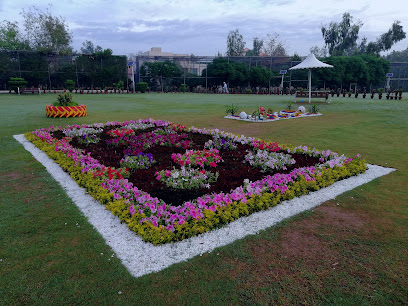
Tatara Park
Discover tranquility and natural beauty at Tatara Park, the ideal urban oasis in Peshawar for relaxation and family fun.
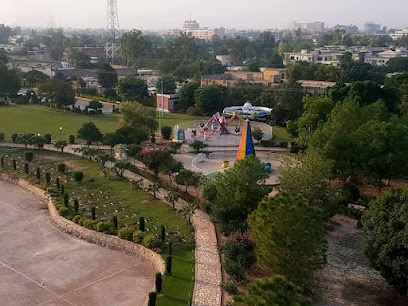
Shalman Park
Discover the lush beauty of Shalman Park, a serene escape in Peshawar, perfect for relaxation, family outings, and outdoor activities.
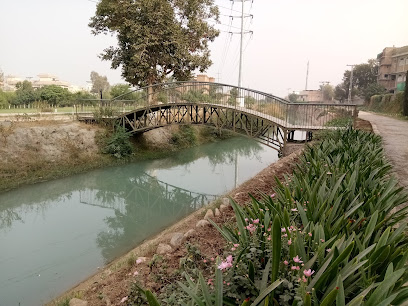
Khyber Park
Discover Khyber Park: A serene escape in Peshawar with lush gardens and recreational activities, perfect for relaxation and family outings.
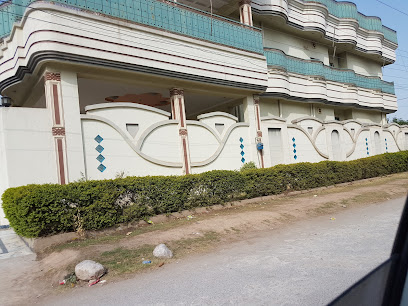
FUN PALACE
Explore FUN PALACE in Peshawar, a vibrant amusement center where children’s laughter meets adventurous fun, perfect for family outings.
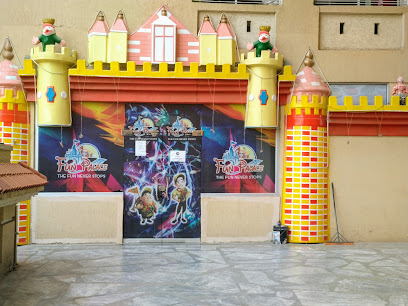
Hayatabad Shalman Park
Explore Hayatabad Shalman Park, a peaceful retreat in Peshawar, where nature meets culture in a vibrant urban oasis.
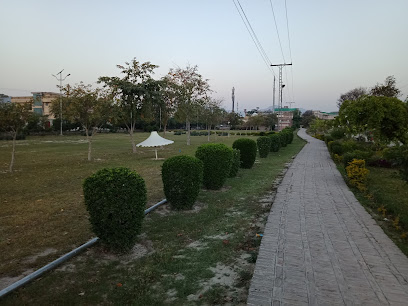
Peshawar Forever
Explore the rich history and vibrant culture at Peshawar Forever, a must-visit historical landmark in Hayatabad, Peshawar, Pakistan.
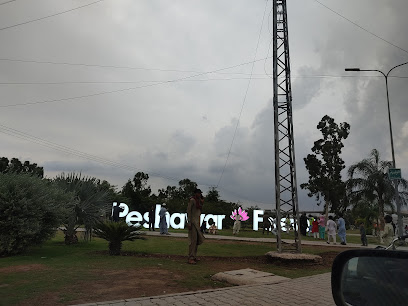
B.B.Q PARK Hayatabad
Experience the vibrant flavors of Pakistan at B.B.Q PARK Hayatabad, where delicious barbecue meets a lively outdoor atmosphere in Peshawar.
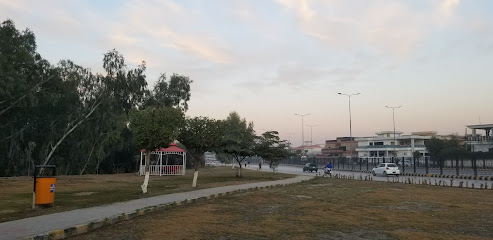
Abbaseen Park
Discover tranquility at Abbaseen Park, Peshawar's lush green escape featuring beautiful landscapes and family-friendly amenities.
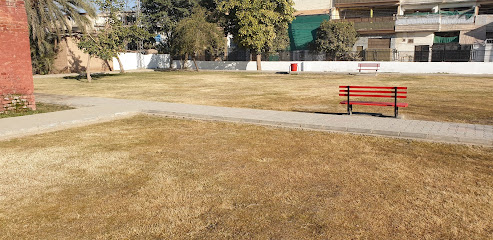
Pir Rokhan Chowk
Explore Pir Rokhan Chowk, a historical landmark in Peshawar, where local culture and vibrant community life converge in a lively atmosphere.
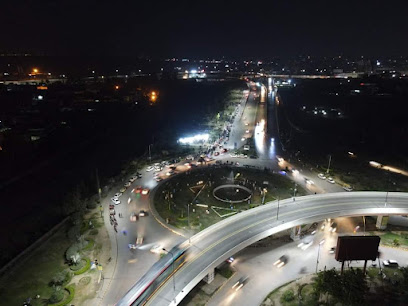
Unmissable attractions to see
Bagh e Naran
Discover the tranquil beauty of Bagh e Naran, a lush park in Peshawar, perfect for relaxation and family outings amidst vibrant birdlife.
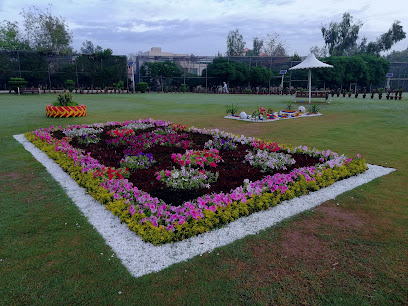
Shalman Park
Explore the lush landscapes and tranquil atmosphere of Shalman Park, a perfect retreat in Peshawar for nature lovers and families.
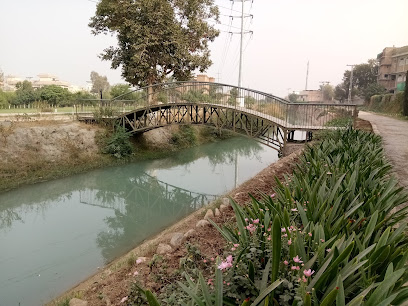
Khyber Park
Discover the beauty and tranquility of Khyber Park in Peshawar, a perfect escape for nature lovers and families alike.
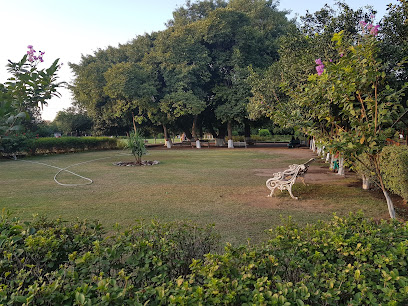
Ghani Bagh (Park)
Discover tranquility at Ghani Bagh Park in Peshawar, where lush greenery and serene walking trails invite you to relax and unwind.
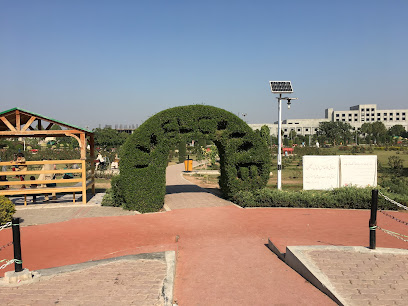
Malakand Family Park
Discover the beauty of Malakand Family Park in Peshawar, a perfect spot for relaxation, family fun, and enjoying nature's tranquility.
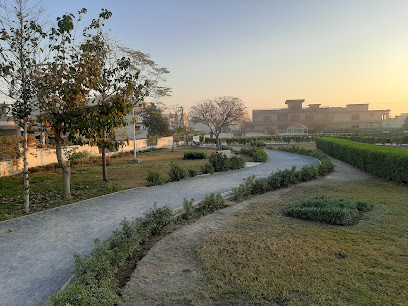
Park
Explore the natural beauty and tranquility of Hayatabad Park in Peshawar, a perfect retreat for tourists seeking relaxation and outdoor activities.
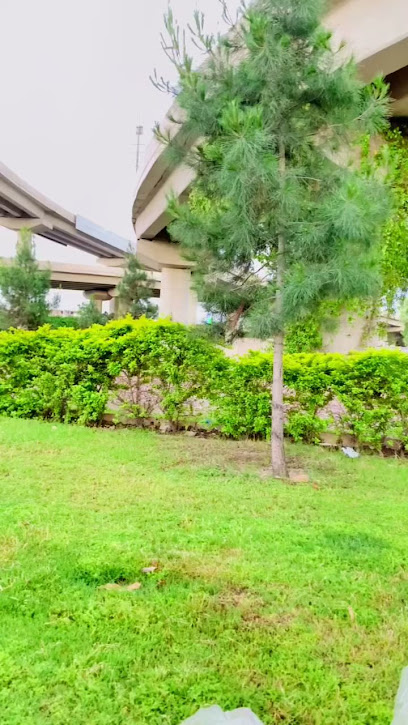
Wildlife Animals
Explore the vibrant Wildlife Park in Peshawar, where adventure meets conservation in a stunning natural setting.

Peshawar bridge stone
Explore the Peshawar Bridge Stone, a stunning architectural landmark that symbolizes the rich heritage and community spirit of Peshawar, Khyber Pakhtunkhwa.

Picture Point
Discover the breathtaking views at Picture Point in Peshawar, a serene tourist attraction perfect for photography and relaxation in Khyber Pakhtunkhwa.

Essential places to dine
Piyali
Experience authentic Pakistani flavors at Piyali in Hayatabad, Peshawar - where family dining meets culinary delight.
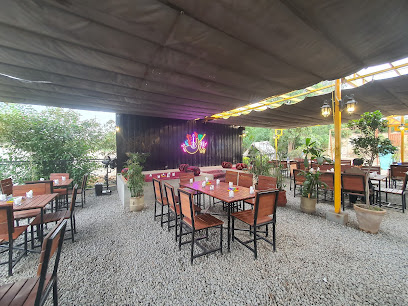
Cafe Ottimo Peshawar
Discover the flavors of Peshawar at Café Ottimo – where culinary excellence meets cozy ambiance.
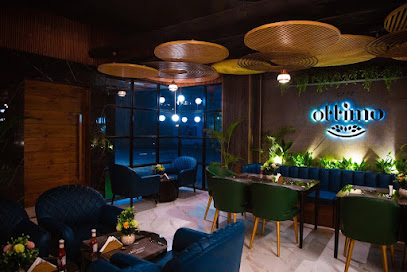
Cow Abunga
Discover Cow Abunga in Peshawar: A vibrant fast food destination offering delicious burgers and shakes that delight every palate.
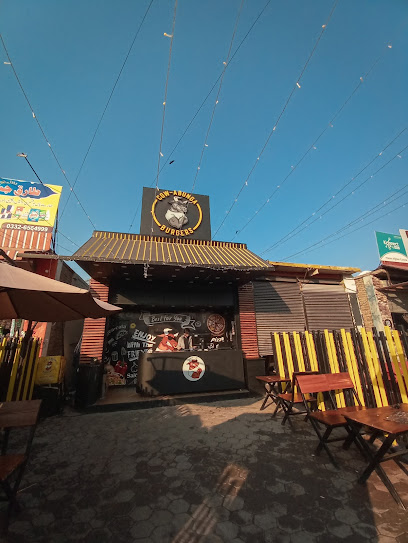
Jeego's Cafe & Restaurants
Discover a delightful blend of local and international cuisine at Jeego's Cafe & Restaurants in Peshawar’s Hayatabad.
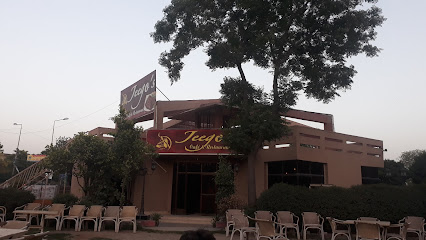
Panjsher Resturant
Experience authentic Pakistani cuisine at Panjsher Restaurant in Peshawar's vibrant Hayatabad area – where flavors meet tradition.
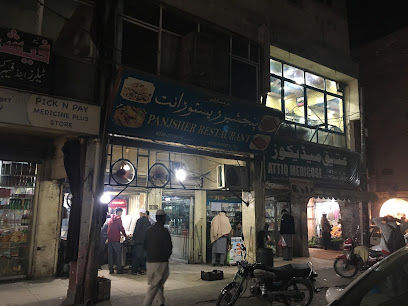
Khwandona Restaurant
Discover authentic flavors at Khwandona Restaurant in Peshawar - where tradition meets taste in every dish.
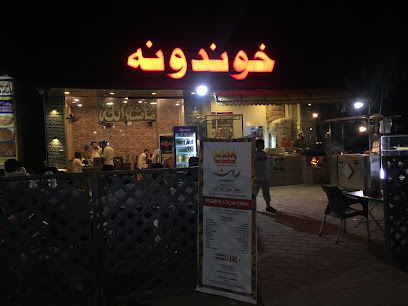
New Green Olive Restaurant
Experience authentic Pakistani cuisine at New Green Olive Restaurant in Peshawar - A must-visit dining destination for food enthusiasts.
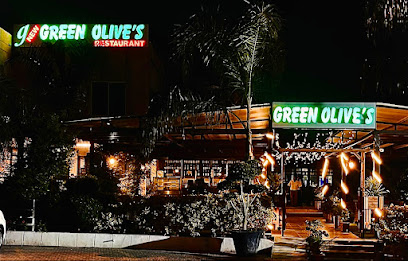
Bia's Kitchen
Experience authentic Pakistani cuisine at Bia's Kitchen in Peshawar – where every dish tells a story.
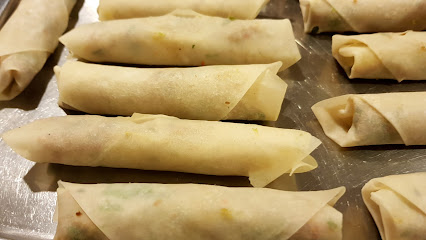
Dial A Bite
Discover authentic flavors at Dial A Bite in Hayatabad, Peshawar - where local meets international cuisine in a vibrant setting.
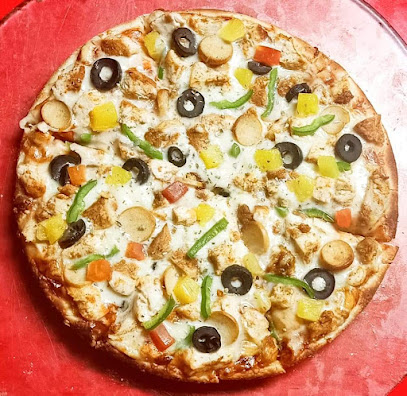
Sizzlers
Discover authentic Chinese cuisine at Sizzlers in Hayatabad, Peshawar - where every dish is a flavorful journey!
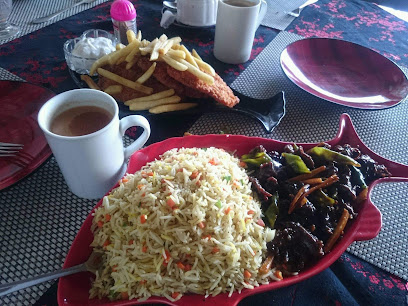
Markets, malls and hidden boutiques
Al-Fatah Shopping Mall Peshawar
Discover the ultimate shopping experience at Al-Fatah Shopping Mall in Peshawar, where local crafts meet international brands in a vibrant atmosphere.
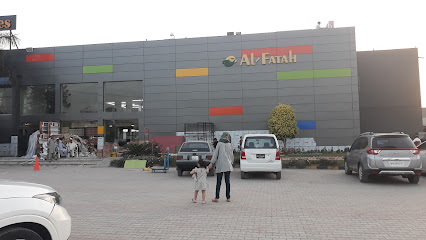
Wadud Home Store
Discover the charm of Wadud Home Store in Peshawar, where quality clothing meets traditional craftsmanship in a welcoming shopping atmosphere.
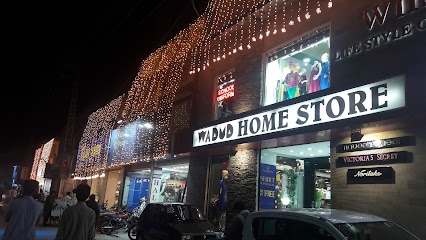
Wadud Sons Departmental Store
Discover a unique shopping experience at Wadud Sons Departmental Store, a vibrant hub in Peshawar featuring diverse products and local flavors.
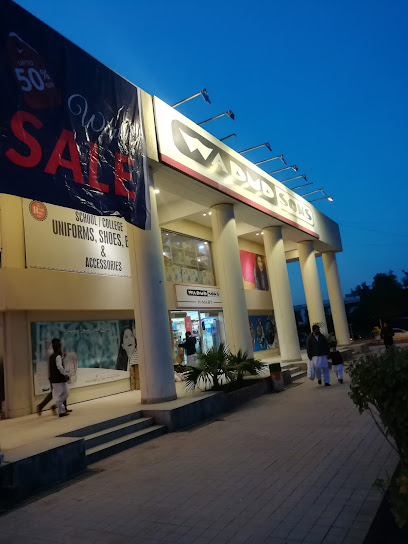
Eclisse Perfumes
Explore Eclisse Perfumes in Peshawar for an unforgettable shopping experience filled with exquisite fragrances and local charm.
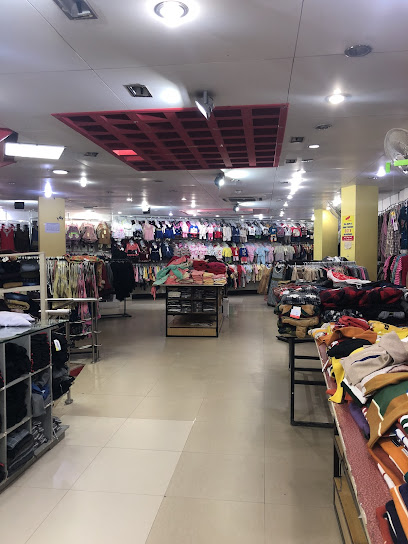
Expostore Peshawar
Discover the vibrant fashion scene at Expostore Peshawar, where style meets affordability in the heart of Khyber Pakhtunkhwa.
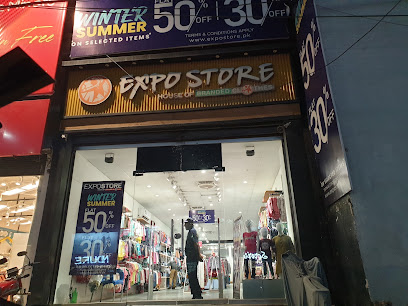
Mushtaq Chai And General Store
Experience local culture at Mushtaq Chai And General Store in Peshawar – a perfect blend of authentic chai and unique local goods.
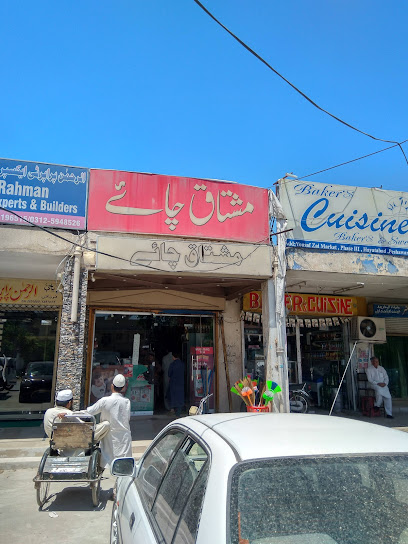
Rm Collection
Explore Rm Collection in Peshawar for unique women's fashion that blends tradition with modern style in a welcoming atmosphere.
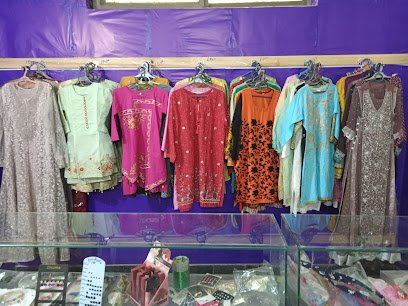
forever living products pakistan
Explore the best of Aloe Vera health and beauty products at Forever Living Products in Peshawar, your destination for natural wellness!

Illusions peshawar
Explore the vibrant culture of Peshawar through unique gifts and artisan crafts at Illusions Peshawar - a treasure trove for travelers.

Unique Treasure Shop
Explore the Unique Treasure Shop in Peshawar for an authentic selection of oriental goods and cultural artifacts that reflect the region's rich heritage.
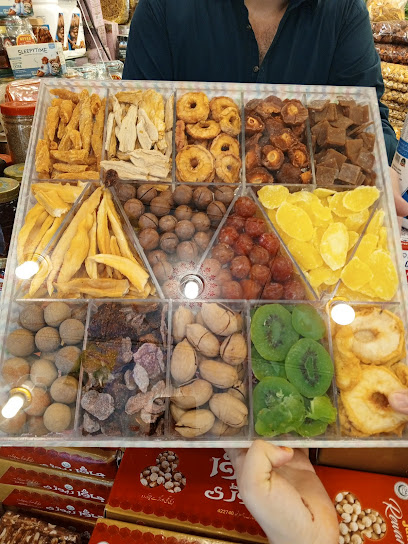
Essential bars & hidden hideouts
Downtown Bistro
Experience the rich flavors of Pakistan at Downtown Bistro, where local cuisine meets international delights in a cozy ambiance.
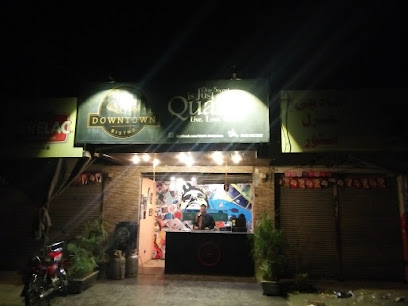
Cafe Ottimo Peshawar
Experience the vibrant flavors at Café Ottimo, Peshawar's cherished restaurant offering an inviting ambiance and an exquisite menu for every taste.
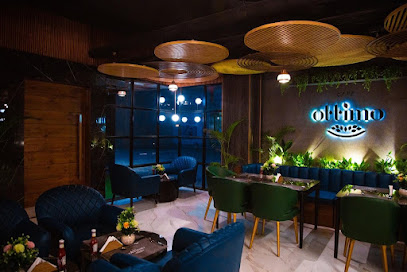
Jeego's Cafe & Restaurants
Discover the taste of Peshawar at Jeego's Cafe & Restaurants, where local flavors meet global cuisine in a welcoming atmosphere.
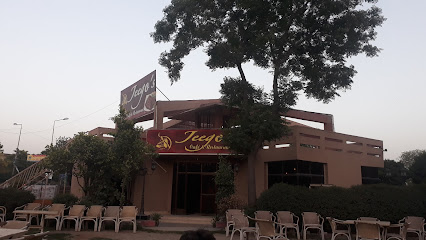
Freshing Soda
Experience the vibrant nightlife of Peshawar at Freshing Soda, a bar that offers great drinks and a lively atmosphere for all.
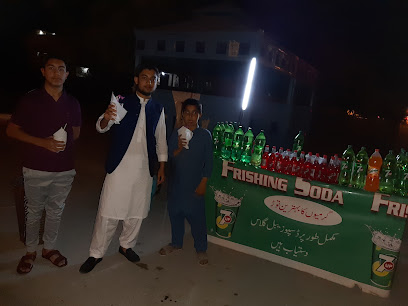
Bia's Kitchen
Experience authentic flavors and warm hospitality at Bia's Kitchen, the heart of Peshawar's culinary scene.
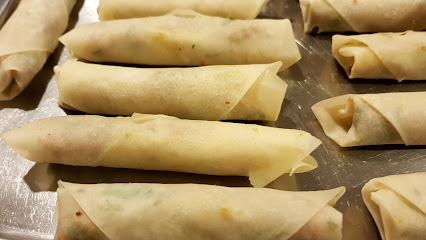
Aziz Mamu
Discover the vibrant nightlife at Aziz Mamu, a premier bar in Peshawar offering a delightful selection of drinks and a lively atmosphere.

Al-Maza BAR B.Q & RESTAURANT
Experience the essence of Asian cuisine at Al-Maza BAR B.Q & RESTAURANT in Peshawar, where delicious flavors and a vibrant atmosphere await you.
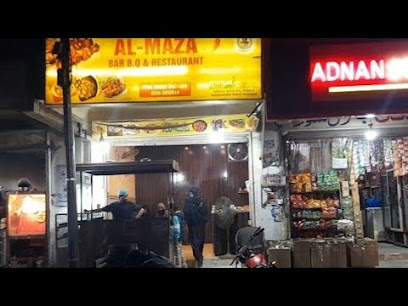
Pizza Flame
Discover the taste of authentic pizza at Pizza Flame, the ultimate dining destination in Peshawar’s Mall of Hayatabad.

SMOK N GRILL
Experience the authentic flavors of Peshawar at SMOK N GRILL, where every dish is a celebration of local culinary traditions and grilled perfection.
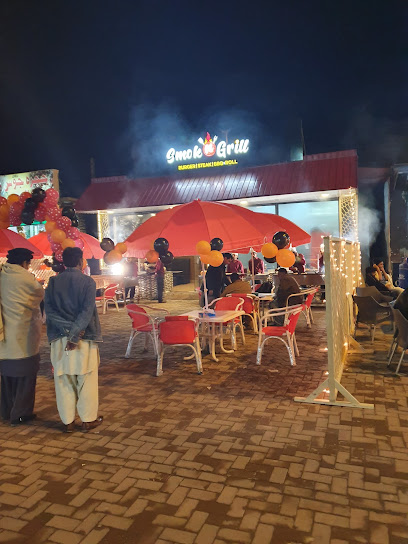
Ihsaan Juice & Burger
Discover the delightful taste of Ihsaan Juice & Burger, where juicy burgers and refreshing juices come together to create a memorable dining experience in Peshawar.
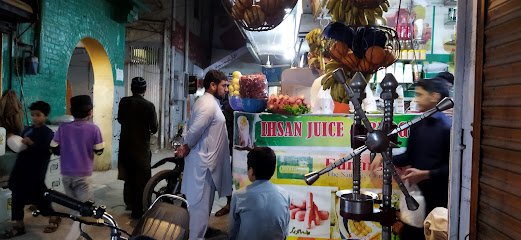
Local Phrases
-
- Helloسلام
[Salaam] - Goodbyeخدا حافظ
[Khuda Hafiz] - Yesہاں
[Haan] - Noنہیں
[Nahi] - Please/You're welcomeبراہ کرم / خوش آمدید
[Bara-e-karam / Khush aamdeed] - Thank youشکریہ
[Shukriya] - Excuse me/Sorryمعذرت
[Mazrat] - How are you?آپ کیسے ہیں؟
[Aap kaise hain?] - Fine. And you?ٹھیک ہوں۔ آپ؟
[Theek hoon. Aap?] - Do you speak English?کیا آپ انگریزی بولتے ہیں؟
[Kya aap angrezi bolte hain?] - I don't understandمجھے سمجھ نہیں آیا
[Mujhe samajh nahi aya]
- Helloسلام
-
- I'd like to see the menu, pleaseبراہ کرم مینو دیکھنا ہے
[Bara-e-karam menu dekhna hai] - I don't eat meatمیں گوشت نہیں کھاتا
[Main gosht nahi khata] - Cheers!مبارک ہو!
[Mubarak ho!] - I would like to pay, pleaseبراہ کرم ادا کرنا ہے
[Bara-e-karam ada karna hai]
- I'd like to see the menu, pleaseبراہ کرم مینو دیکھنا ہے
-
- Help!مدد!
[Madad!] - Go away!چلے جا!
[Chale ja!] - Call the Police!پولیس کو بلاؤ!
[Police ko bulao!] - Call a doctor!ڈاکٹر کو بلاؤ!
[Doctor ko bulao!] - I'm lostمیں گم ہوگیا ہوں
[Main gum hogaya hoon] - I'm illمیں بیمار ہوں
[Main bemar hoon]
- Help!مدد!
-
- I'd like to buy...میں خریدنا چاہتا ہوں...
[Main kharidna chahta hoon...] - I'm just lookingمیں صرف دیکھ رہا ہوں
[Main sirf dekh raha hoon] - How much is it?یہ کتنے کا ہے؟
[Ye kitne ka hai?] - That's too expensiveیہ بہت مہنگا ہے
[Ye bohat mehnga hai] - Can you lower the price?کیا آپ قیمت کم کرسکتے ہیں؟
[Kya aap qeemat kam kar sakte hain?]
- I'd like to buy...میں خریدنا چاہتا ہوں...
-
- What time is it?وقت کیا ہوا ہے؟
[Waqt kya hua hai?] - It's one o'clockایک بجے ہیں
[Ek baje hain] - Half past (10)دس بج کر پندرہ منٹ ہوں
[Das baj kar pandra minute hoon] - Morningصبح
[Subah] - Afternoonدوپہر
[Dopahar] - Eveningشام
[Sham] - Yesterdayگزشتہ کل
[Guzishta kal] - Todayآج
[Aaj] - Tomorrowکل
[Kal] - 1ایک
[Ek] - 2دو
[Do] - 3تین
[Teen] - 4چار
[Char] - 5پانچ
[Paanch] - 6چھے
[Chhe] - 7سات
[Saat] - 8آٹھ
[Aath] - 9نو
[No] - 10دس
[Das]
- What time is it?وقت کیا ہوا ہے؟
-
- Where's a/the...?کہاں ہے...؟
[Kahan hai...?] - What's the address?پتا کیا ہے؟
[Pata kya hai?] - Can you show me (on the map)?کیا آپ مجھے دکھا سکتے ہیں (نقشہ پر)؟
[Kya aap mujhe dikhha sakte hain (naqsha par)?] - When's the next (bus)?اگلی (بس) کب ہے؟
[Agli (bus) kab hai?] - A ticket (to ....)ایک ٹکٹ (کو...)
[Ek ticket (ko...)]
- Where's a/the...?کہاں ہے...؟
History of Hayatabad
-
Hayatabad, established in the late 20th century, was developed as a planned neighborhood to accommodate the growing population of Peshawar. Its establishment was part of a larger urban development initiative to modernize the city and provide better living conditions, moving away from the dense urban fabric of the old city. The area features wide roads, parks, and modern residential facilities.
-
Hayatabad is characterized by a mix of cultures and ethnicities, reflecting the broader diversity of Peshawar. Originally intended to house middle to upper-class families, it has attracted residents from various backgrounds, including Pashtuns, Muhajirs, and others. This blend has influenced the local cuisine, language, and traditions, making it a microcosm of Peshawari culture.
-
In recent decades, Hayatabad has become known for its educational institutions, including notable schools and colleges. The establishment of the University of Peshawar's campuses and other educational centers has transformed the neighborhood into a hub for students, contributing to a vibrant academic atmosphere and fostering a culture of learning and intellectual exchange.
-
The neighborhood is home to several important healthcare facilities, including hospitals and clinics. Notably, the Khyber Teaching Hospital has played a critical role in providing medical services and has become a key institution for medical education in the region. The emphasis on healthcare has contributed significantly to the quality of life in Hayatabad.
-
Hayatabad has witnessed rapid urbanization and infrastructural development in the 21st century. This includes the construction of shopping malls, recreational facilities, and residential complexes. Such developments have transformed the neighborhood into a bustling urban center while also raising challenges related to urban planning and sustainability.
Hayatabad Essentials
-
Hayatabad is well-connected to other neighborhoods in Peshawar. From the city center, you can take a local taxi or a rickshaw, which should cost around PKR 200-300 and take approximately 20-30 minutes, depending on traffic. Buses also operate along the main roads leading into Hayatabad; look for routes heading to the Hayatabad area. If arriving from the Peshawar International Airport, a taxi will take about 15-20 minutes.
-
Hayatabad is primarily a residential area, making it suitable for walking, especially in its quieter lanes. Local buses and rickshaws are available for longer distances, with rickshaws being a popular choice for short trips. While there are no train services in Hayatabad, taxis and ride-hailing apps like Careem can offer convenient options for getting around Peshawar.
-
Hayatabad is generally considered safe, but it’s wise to remain vigilant. Avoid walking alone at night, especially in less populated areas. As with any urban environment, petty crimes can occur, particularly in crowded places. Areas on the outskirts may have higher crime rates, so it’s advisable to stay within well-trafficked regions and avoid isolated spots.
-
In case of an emergency, dial 15 for police assistance or 1122 for rescue services. Hospitals, such as Hayatabad Medical Complex, are available for medical emergencies. It’s recommended to have travel insurance that covers health issues. Pharmacies can be found throughout Hayatabad for minor health needs.
-
Fashion: Do dress modestly; women should wear loose-fitting clothing and cover their heads in public spaces. Men should avoid shorts. Religion: Do respect cultural and religious practices; be mindful of prayer times in mosques. Public Transport: Do give your seat to elderly passengers. Don’t eat or drink on public transport. Greetings: Do greet locals with a polite 'As-Salaam-Alaikum.' Eating & Drinking: Do try local dishes, but don’t eat in public during Ramadan.
-
To experience Hayatabad like a local, visit the local bazaars where you can find fresh produce and traditional foods. Engage with the community by asking questions about local customs and history. Don’t hesitate to sample street food; it can be a delight. Look for family-run eateries for authentic Pakistani cuisine, and if invited to someone’s home, it’s customary to bring a small gift.
Nearby Cities to Hayatabad
-
Things To Do in Islamabad
-
Things To Do in Rawalpindi
-
Things To Do in Swat
-
Things To Do in Abbottabad
-
Things To Do in Murree
-
Things To Do in Chitral
-
Things To Do in Kaghan
-
Things To Do in Kabul
-
Things To Do in Naran
-
Things To Do in Faisalabad
-
Things To Do in Gujranwala
-
Things To Do in Sialkot
-
Things To Do in Gilgit
-
Things To Do in Jammu
-
Things To Do in Lahore





